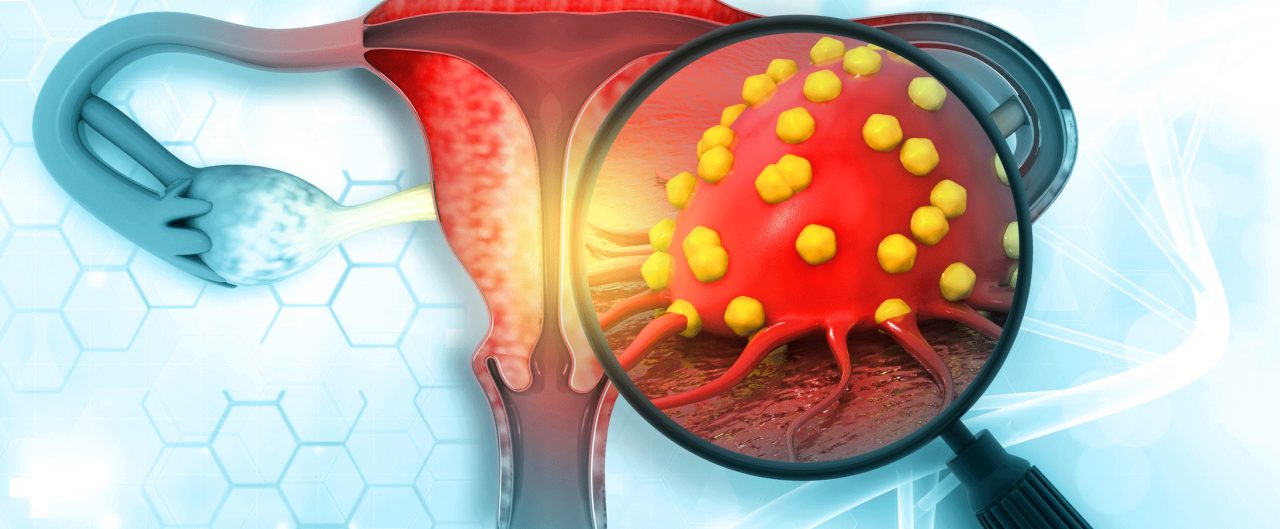
What Is Endometrial Cancer?
Endometrial cancer occurs when cells in the inner lining of the uterus (or endometrium), which is shed during menstruation, grow out of control.

Endometrial cancer occurs when cells in the inner lining of the uterus (or endometrium), which is shed during menstruation, grow out of control.
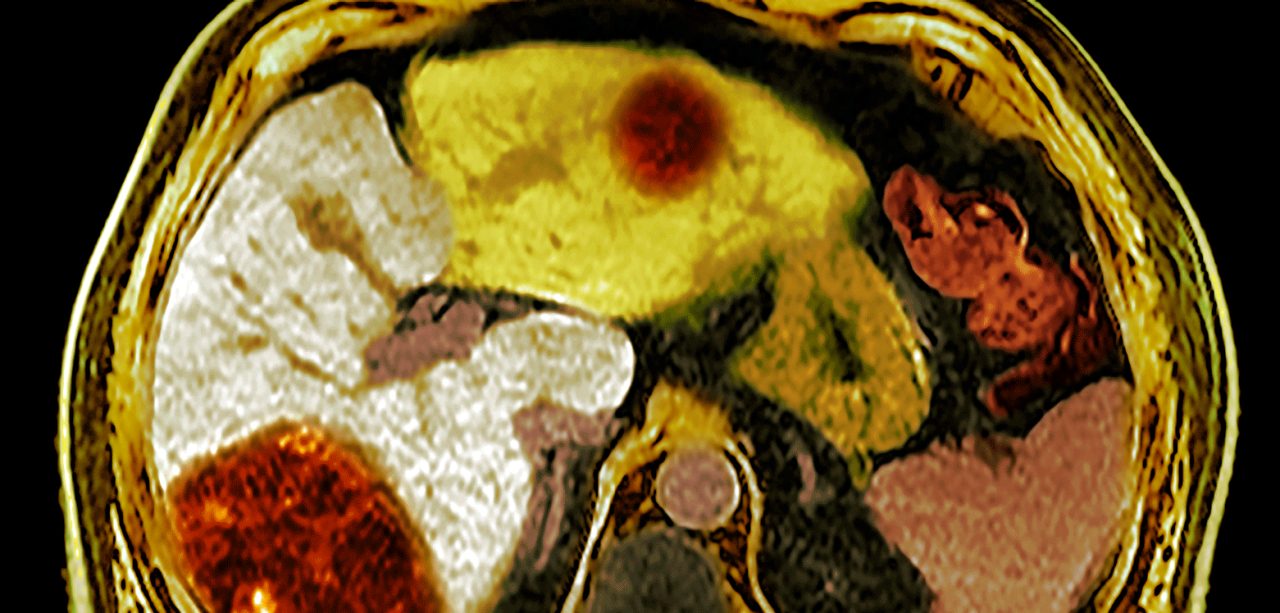
Liver cancer is a frightening diagnosis. But it is also a top area for research, and new treatments are extending life. Here’s what you should know.

Long after treatment is finished, many breast cancer survivors feel miserably tired — but stimulating pressure points boosts energy. Here's what you should know.
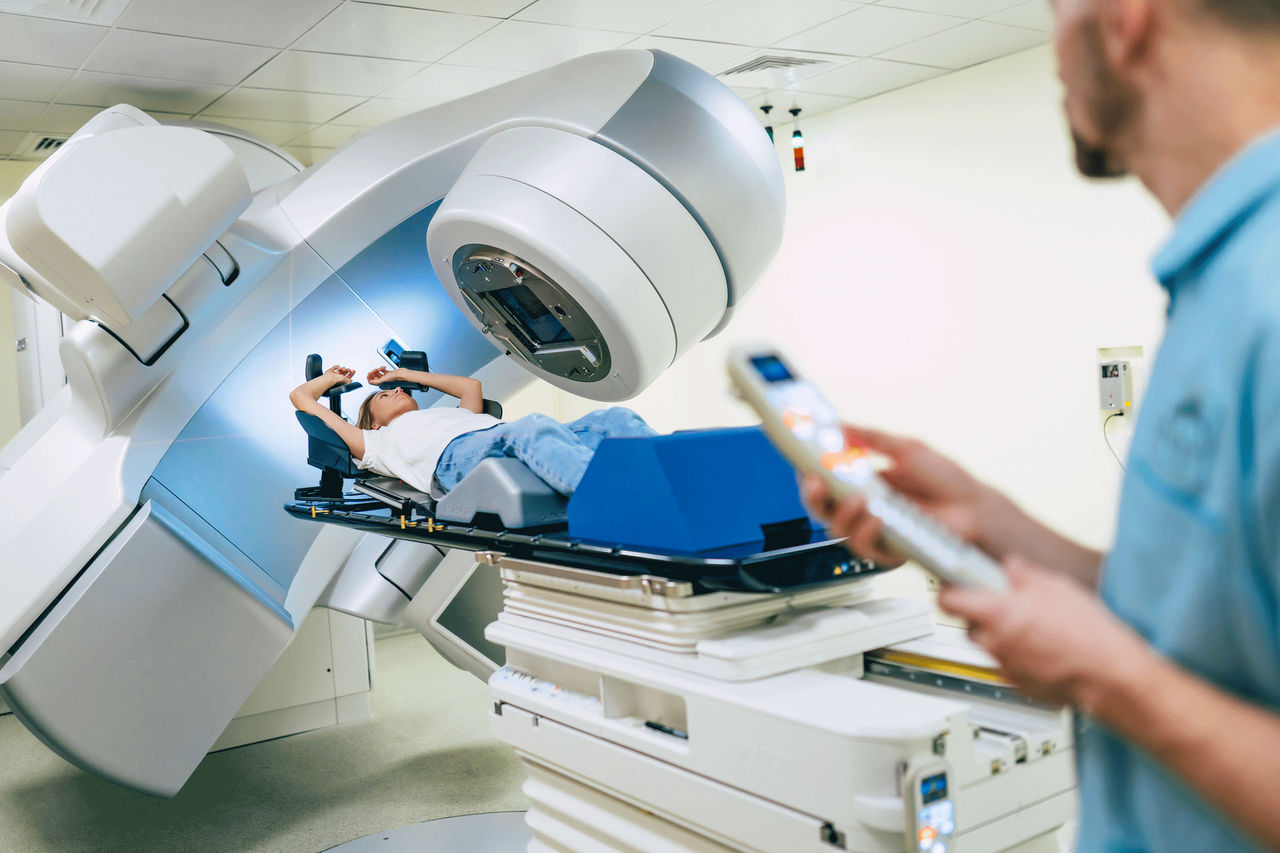
To kill cancer cells, your doctors may recommend exposing them to radiation therapy, usually via x-rays. These intense beams of energy damage their DNA.

Pain relieving palliative care improves seriously ill patients’ quality of life. It may also help them continue treatment to modify or even cure their illness.
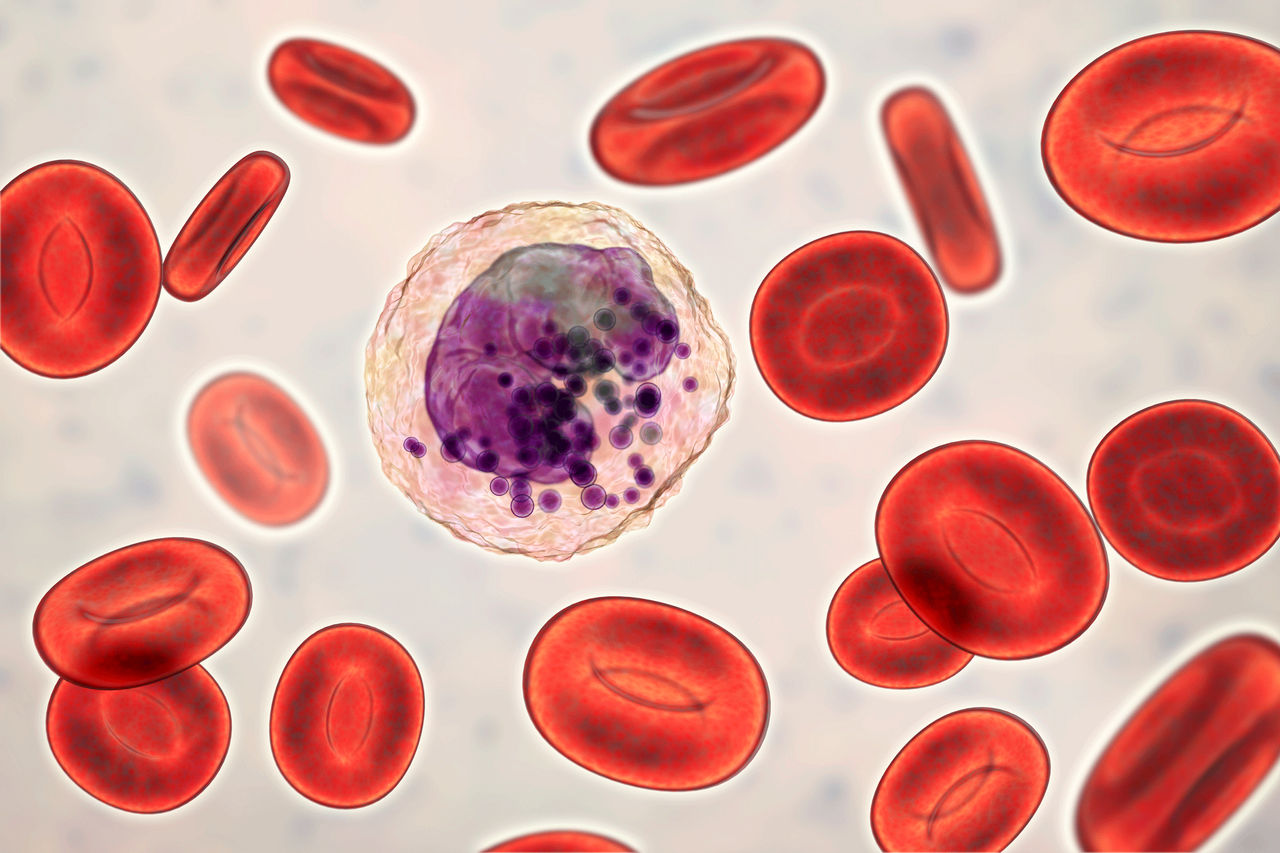
Lymphoma is a term for many types of blood cancers. Rates of lymphoma are dropping, and survival is improving. Here's what you should know about lymphoma.

Uterine cancer symptoms can mimic many other conditions. Know the signs and symptoms and see a doctor early to ensure a quick diagnosis and treatment.

There is more evidence that lowering your calorie intake can improve your immune system and help fight cancer. Here’s what you should know.
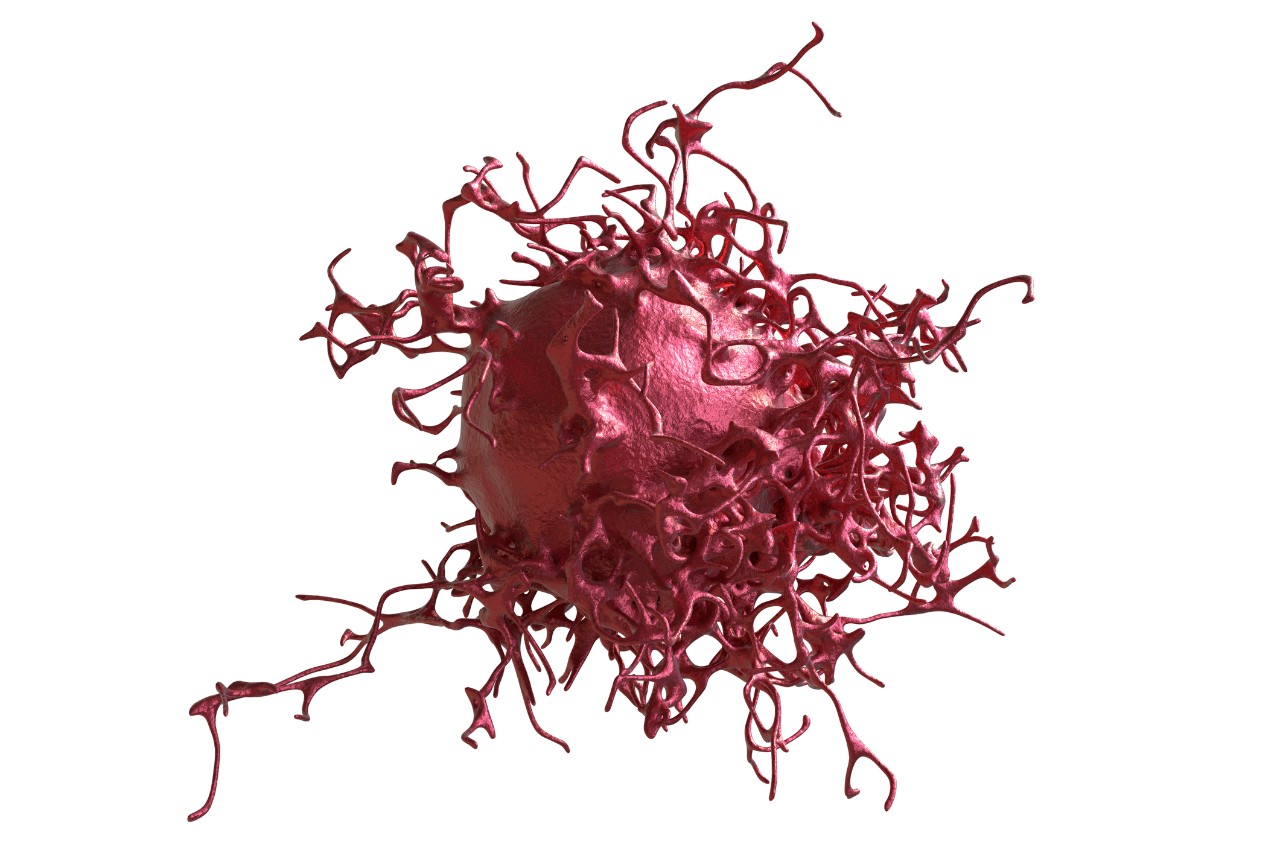
Early kidney cancer can be difficult to spot. That’s why it’s important to understand kidney cancer risk factors and any possible symptoms of the disease.

Unlike surgery and radiation, which work directly on a tumor, chemotherapy can kill cancer cells that have spread far away, but it can affect other parts of your body.

Rural Americans are falling behind when it comes to cancer diagnosis and care, and the disparities continue to grow. Here's what you can do.

There are more than 120 types of brain tumors, including primary and secondary (or metastatic) brain tumors. Here’s what you should know.

Swollen glands are a common sign of Hodgkin's lymphoma, a blood cancer, but they’re a symptom of infection, too. Learn how to tell the difference.

If you’re concerned about cancer, one step you can take is giving up alcohol. Even drinking a little bit puts you at greater risk. Here's what you should know.

Cervical cancer is cancer that develops in the lower end of your womb, most of the time after a human papillomavirus (HPV) infection.
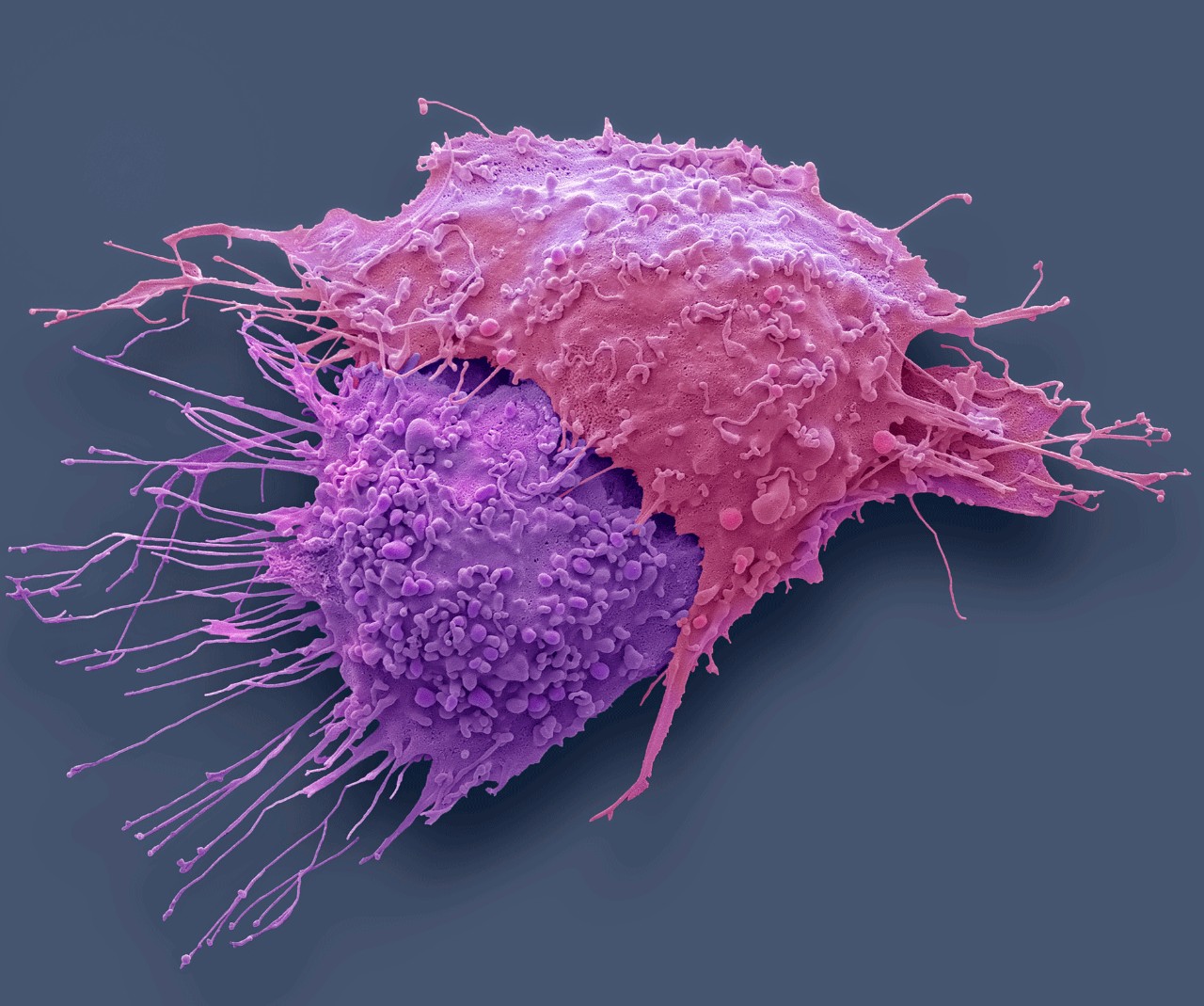
Ovarian cancer is one of the most difficult cancers to spot early, when treatment is most effective. Learn risk factors and symptoms that can be warning signs.

Knowing what skin cancer symptoms to look for, you can catch skin cancer early, get the right treatment, and prevent illness and death.
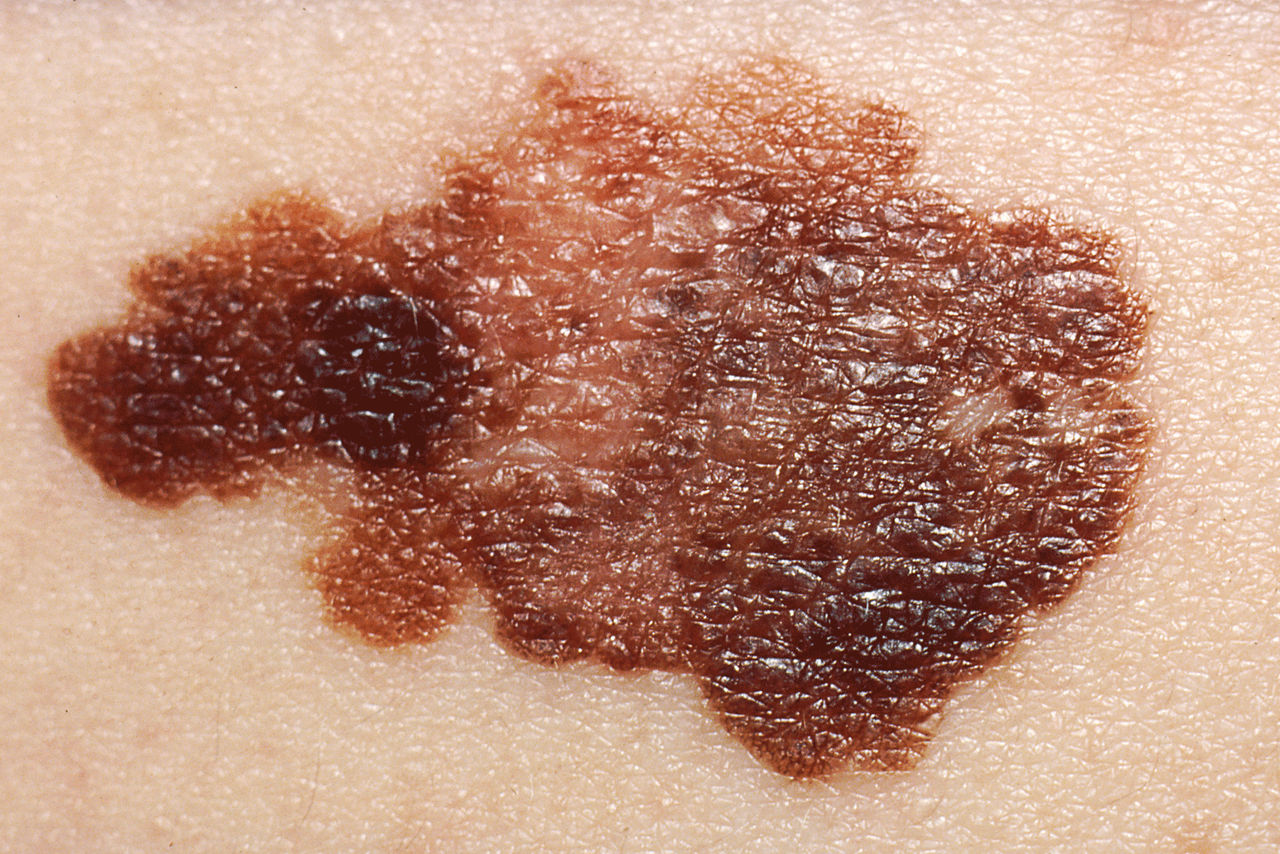
If you know early melanoma symptoms and get treatment, you can save your life — but be aware that treatment delays of only weeks can be fatal.

Smoking increases your chance of getting and dying from lung cancer by 15 to 30 times. Other lung cancer risk factors include exposure to radon and certain chemicals.
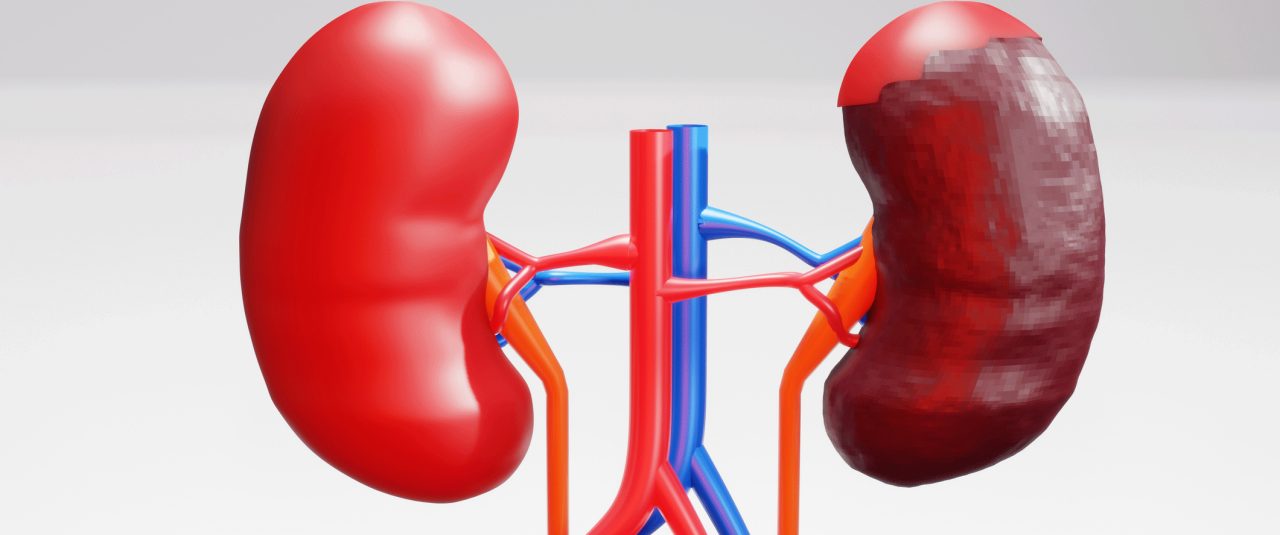
Cancer occurs when cells in your body change and grow out of control to form tumors. Cancer that starts in kidney cells is called kidney (renal) cancer.